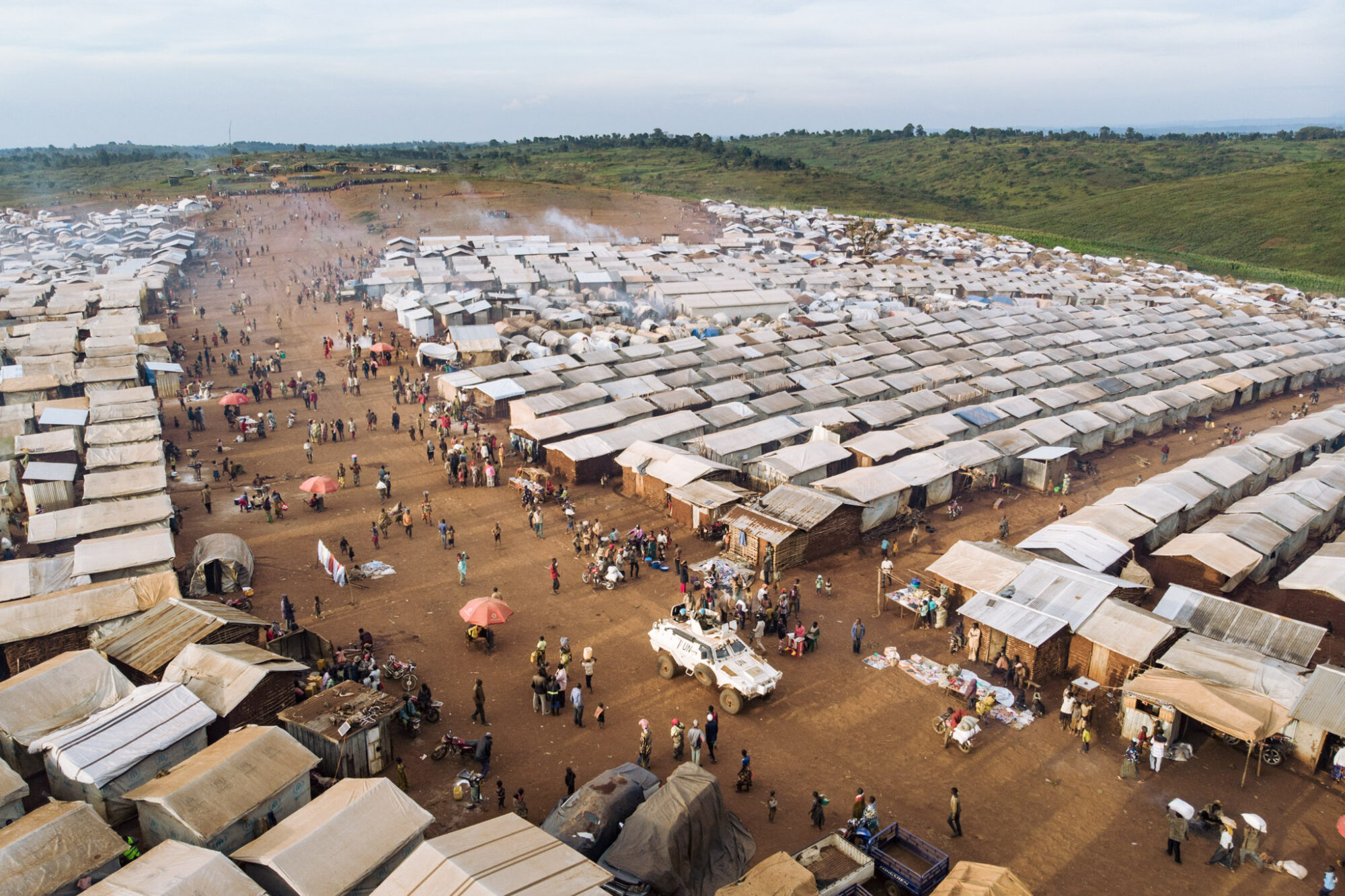Earth observation and geoinformatics empower humanitarian response

Geoinformatician Stefan Lang, who is also the Secretary General of CIVIS, is an expert in Earth observation. His work centres on converting satellite imagery into actionable insights for humanitarian organisations such as Médecins Sans Frontières (Doctors Without Borders).
His team develops AI-assisted methods to detect buildings, assess infrastructure damage, and monitor environmental changes in crisis zones. These tools enable NGOs to plan, adapt, and evaluate missions with greater speed and precision.
Doctors Without Borders work with nearly 70,000 employees in 75 countries around the world, not only in well-known hotspots like Gaza and Ukraine, but also in many so-called forgotten crisis areas such as South Sudan and Yemen. The aid organization's logistical independence and rapid response are crucial, for which specific information about the affected population provides an essential and often vital basis for decision-making. This particularly concerns the sizing and specific localization of acute relief measures such as basic foodstuffs, water, etc., as well as preventive measures such as vaccination campaigns to prevent epidemics", explains Lang.
And the biggest advantage is that the high-resolution satellite images capture daily changes that are not reflected (or are only reflected with a significant delay) in Google Earth. Or "the temporal dimension ('timeliness') is the most critical factor in a humanitarian context and often directly determines the well-being of the people affected", underlines the professor.
Ethical issues in satellite monitoring require urgent attention

Professor Lang underscores the broader implications of digital transformation in humanitarian contexts. He stresses that digital tools must be developed with a deep understanding of operational realities, and that collaboration with humanitarian actors is essential to ensure relevance and impact – using technology “for good”:
Many areas of technology used today have their origins in military conflicts and defense. However, technology should fundamentally be viewed as neutral: a drone can save lives (for example, through telemedicine applications in hard-to-reach areas) or have a destructive impact, as in the conflict zones of eastern Ukraine (...). Technical developments are difficult to predict, and we certainly need to address the ethical aspects of satellite observation", stresses the specialist.
Lang concludes with the idea to use technology as a bridge between different perspectives and cultural values, thereby supporting global challenges.
Latest Highlights:
SUR researchers identify key elements for food safety and quality
Christian Möllmann: A "civizen" linking European and African universities
Aix-Marseille Université hosted the celebration of "25 Years of Téthys network"
European Round Table at UNIL, tackling Joint Doctoral Programmes
